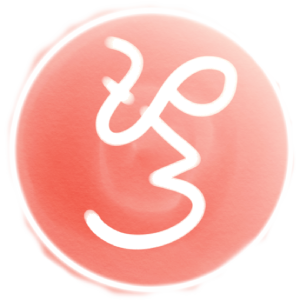In a letter written in 1871, the Symbolist poet Arthur Rimbaud uttered a phrase that announces the modern age: “‘Je’ est un autre” (“‘I’ is someone else”).
On what the sciences lack that humanities opens up
The regime of information may well sport its specific truths, but it is locked out of the associations — subjective but also moral and philosophical — that bathe all literature. A new technology like GPS provides us with the most efficient and direct route to a destination, but it presupposes we know where we are going. Finding an address is one thing; finding one’s way in life is another. Even our smartest computers or most brilliant statisticians are at a loss when it comes to mapping our psychic landscapes.
When and how do you take your own measure? And what are you measuring?
On humanities challenging self-identity and suggesting empathy
The humanities interrogate us. They challenge our sense of who we are, even of who our brothers and sisters might be. When President Obama said of Trayvon Martin, “this could have been my son,” he was uttering a truth that goes beyond compassion and reaches toward recognition. “It could have been me” is the threshold for the vistas that literature and art make available to us.
On humanities education
A humanistic education is not about memorizing poems or knowing when X wrote Y, and what Z had to say about it. It is, instead, about the human record that is available to us in libraries and museums and theaters and, yes, online. But that record lives and breathes; it is not calculable or teachable via numbers or bullet points. Instead, it requires something that we never fail to do before buying clothes: Trying the garment on.
On humanities sans efficiency and what it offers instead
This humanistic model is sloppy. It has no bottom line. It is not geared for maximum productivity. It will not increase your arsenal of facts or data. But it rivals with rockets when it comes to flight and the visions it enables. And it will help create denser and more generous lives, lives aware that others are not only other, but are real. In this regard, it adds depth and resonance to what I regard as the shadowy, impalpable world of numbers and data: empirical notations that have no interest nor purchase in interiority, in values; notations that offer the heart no foothold.
